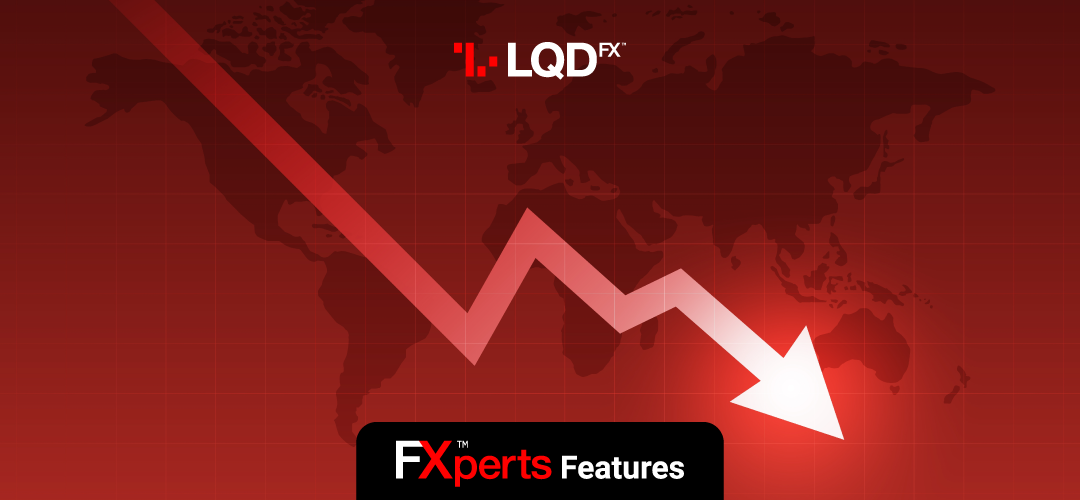This week’s focus shifts to how quickly the economy is weakening as the end of last week found financial markets rocked.
Central banks and governments ramped up their fight against inflation by raising interest rates. As a result, major stock indexes closed out the week with losses, capping the fifth decline in the past six weeks.
Although the Fed’s move to raise interest rates was widely expected, stock markets are feeling that pain already.
The brutal close to the week came after the Fed raised rates again by 75 bp while the bank of England hiked by 50bp only. For Fed, this was its third such move and fifth hike of the year in its fight against inflation.
This week investors will tune in to multiple speeches from the FOMC members to determine when they may consider slowing down or changing the current monetary policy.
Investors will also be watching the results of Italy’s election on Sunday, which is expected to result in the country’s most rightwing government since the end of the second world war.
The Russian-Ukrainian war updates also dominated the scene last week, as Russia’s called for a “partial” mobilisation. In addition, the possible use of nuclear weapons weighed on the market’s risk appetite.
The US dollar continues to strengthen while European currencies reach new lows. The pound hit a multi-decade low against the US Dollar while the euro hit its lowest mark since 2002.
Japan’s authorities finally had enough of weakness in the yen on Thursday when they intervened in foreign exchange markets for the first time since 1998.
The Japanese currency posted its first weekly gain of 0.3% in over a month against the dollar following the move.
Dense Week of Economic Data
The economic calendar features reports on durable goods orders, consumer confidence, and new and pending home sales data.
Looking forward to this week, investors await the August Personal Consumption Expenditures (PCE) report for an update on inflation and personal income/spending.
The highlight of the U.S. economic calendar will be Friday’s personal income and spending data, which includes the Fed’s favoured inflation gauge.
In the Eurozone, Friday’s inflation data will likely pile pressure onto the European Central Bank. Εconomists expect the headline rate of inflation to accelerate to a fresh record high.
The yen will remain in focus after the Bank of Japan intervened in foreign exchange markets.
Meanwhile, Chinese PMI data on Friday will give an insight into the health of the world’s number two economy. The report will be closely watched to indicate whether the nascent economic recovery continued in September.
Key diary events
Tuesday 27 September
China Industrial Profits YTD (Aug)
United States Durable Goods Orders (Aug), House Price Index (Jul), CB Consumer Confidence (Sep)
Wednesday 28 September
BoJ Monetary Policy Meeting Minutes, Coincident Index (Jul)
United States MBA Mortgage Application (Sep), Goods Trade Balance (Aug), Retail Inventories Ex Autos (Aug), Pending Home Sales (Aug)
Thursday 29 September
Euro Area Consumer Confidence (Sep)
Canada Average Weekly Earnings (Jul), GDP (Jul)
United States GDP (Q2), Jobless Claims (Sep), PCE Prices (Q2), GDP Price Index (Q2)
Friday 30 September
Japan Unemployment Rate (Aug), Industrial Production (Aug), Retail Sales (Aug)
Eurozone Emergency Energy Meeting, Inflation Rate (Sep), Unemployment Rate (Aug)
Japan Consumer Confidence (Sep), Housing Starts (Aug)
United Kingdom GDP (Q2), Mortgage Approvals (Aug)
United States Core PCE Price (Aug), Michigan Consumer Sentiment (Sep)
Did you spot your trading opportunity?
START TRADING